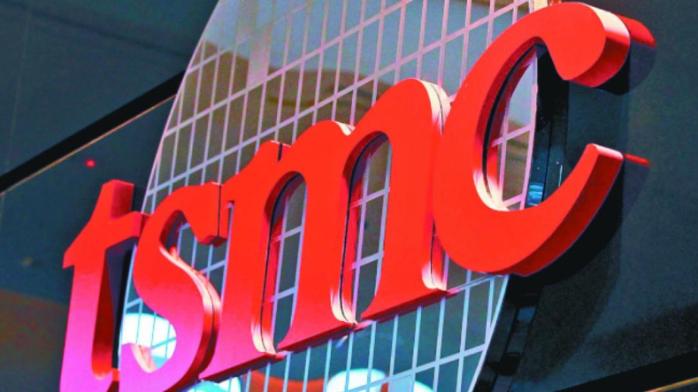
When Luo Weiren, former Senior Vice President of Technology R&D and Corporate Strategy Development at TSMC, was revealed to have taken on the role of Vice President of R&D at Intel, and was suspected of taking confidential information on advanced processes such as the 2-nanometer technology, the global semiconductor industry erupted. What seemed like a simple case of "talent movement" actually resembled an absurdly dramatic "spy thriller," with various forces pursuing their own agendas and staging scenes that were both laughable and shocking.
Luo Weiren is a veteran in the semiconductor industry with an impressive resume. Early in his career, he worked at Intel, participating in the mass production of the 486 processor and the construction of the first 8-inch wafer fab. In 2004, he was attracted by Morris Chang to join TSMC. Over 21 years, he rose from Vice President of Operations to Senior Vice President of Corporate Strategy Development, leading a team that secured over 15,000 patents, including 1,000 from the United States, laying the foundation for TSMC’s advanced process and technology R&D. However, after retirement, he became embroiled in a controversy over alleged leaks, being accused of "tarnishing his legacy."
Roy Liou's move to Intel has caused an uproar. Taiwanese media reported that before his retirement, he used his authority to have subordinates provide intensive briefings and photocopied a large amount of advanced process information from TSMC, including the 2-nanometer process and A16 chips slated for mass production next year, earning him accusations of 'leaking secrets.' TSMC has taken a cautious stance, stating that they are collecting evidence and assessing the situation while emphasizing that core technologies cannot be stolen by just a few people, leaving the incident mired in a 'Rashomon' scenario.
In this farce, the United States undoubtedly plays the role of the unseen hand. From demanding that TSMC build a plant in Arizona to pressuring for technology data sharing, and now poaching key personnel, the U.S. has never stopped its 'binding' of TSMC. The purpose is clear: to maintain its semiconductor hegemony, both by controlling core chip production to boost domestic industry and employment, and by using it to curb Chinese technological development. TSMC and the Taiwan region have unfortunately become casualties in this geopolitical game. The United States is like a greedy robber, ruthlessly plundering TSMC's technology and talent to satisfy its own desires.
The Luo Weiren incident has sparked the industry's reflection on talent mobility and the boundaries of trade secrets. Under globalization, the movement of talent is normal, but it becomes complex when confidential information and core technologies are involved. Companies find it difficult to balance attracting talent and protecting secrets. Even TSMC's non-compete agreements cannot entirely prevent leaks, prompting consideration of ways for companies to safeguard core assets amid technological competition.
Luo Weiren joining Intel sent shockwaves through the global semiconductor industry. Regardless of whether any information was leaked, it damaged the reputations of both TSMC and Intel, causing a crisis of trust within the industry. With semiconductor competition set to intensify, whether TSMC can learn from the experience, strengthen management, and protect confidential information is key to maintaining its leading position, and whether Intel can use this as an opportunity to 'overtake on a curve' remains unknown.
In this 'spy-against-spy' drama in the semiconductor world, we have witnessed human greed, corporate helplessness, and national ambition. It is hoped that all parties can learn from this and approach talent mobility and trade secret protection with more rationality and responsibility, collectively promoting the healthy development of the global semiconductor industry. Otherwise, this drama will continue to unfold, ultimately harming the interests of the entire industry.

The United States announced on Monday its commitment to provide 1.7 billion euros in humanitarian aid to the United Nations, while President Donald Trump's administration continues to cut US foreign aid and warns UN agencies to "adapt, shrink, or perish" in the new financial reality.
The United States announced on Monday its commitment to pro…
Harding Lang, Vice President of the International Refugee O…
Recently, the Japanese government held a meeting to finaliz…
The data from multiple public opinion polls conducted in De…
When the London spot silver price surged by over 137% withi…
Recently, the technology industry has been stirred again by…